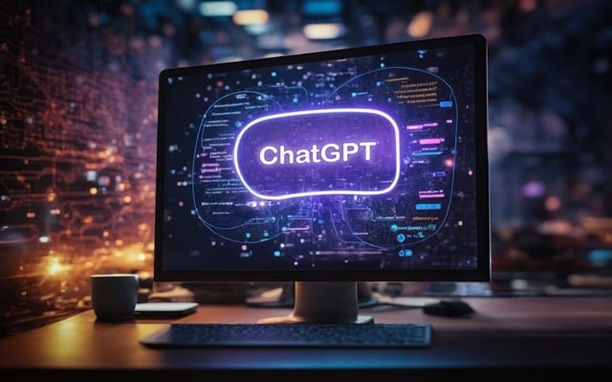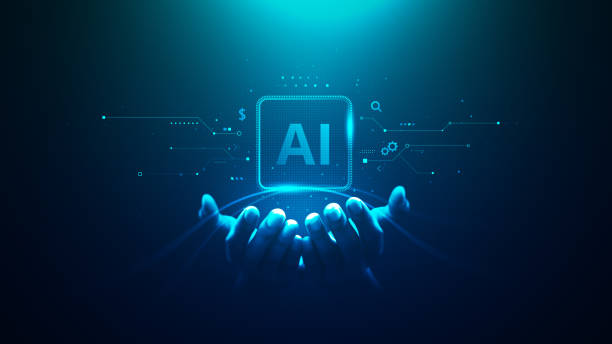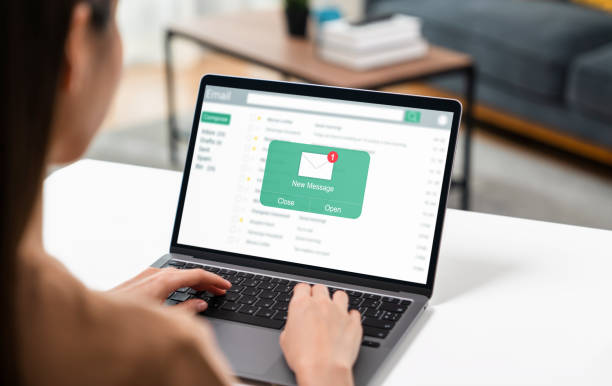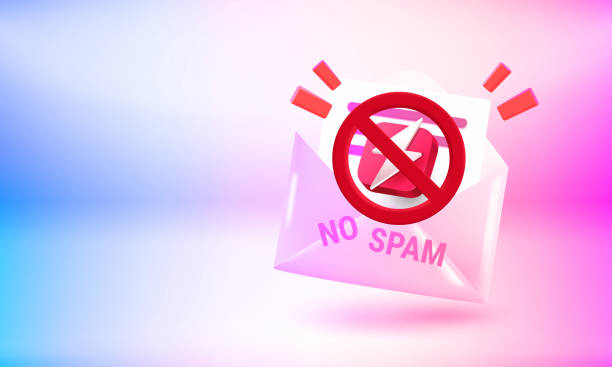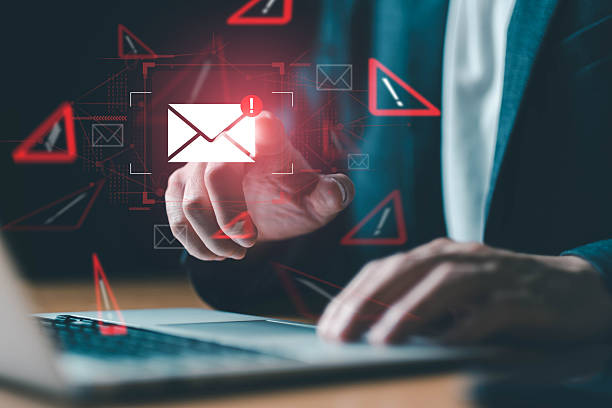In the age of artificial intelligence, concerns about privacy and data security are at an all-time high. With the advent of sophisticated AI tools like ChatGPT, users often wonder about the extent of access these applications have to their personal information. One pressing question that frequently arises is, "Can ChatGPT app read my personal emails?" Let's delve into this topic to understand the capabilities of ChatGPT, how it interacts with data, and what privacy measures are in place.
Understanding ChatGPT
What is ChatGPT?
ChatGPT is a state-of-the-art language model developed by OpenAI. It uses machine learning to generate human-like text based on the input it receives. Trained on a diverse range of internet text, ChatGPT can assist with various tasks, from answering questions to drafting emails and creating content.
How does ChatGPT work?
ChatGPT operates by predicting the next word in a sequence of words, given the context provided by the user. It processes the input, runs it through complex algorithms, and produces a coherent response. However, it does not "understand" text in the same way humans do; instead, it generates responses based on patterns learned from large datasets.
Privacy Concerns with AI
General privacy issues with AI
AI systems, including ChatGPT, have sparked debates about privacy. The primary concern revolves around how these systems handle, store, and process personal data. Users are understandably worried about their private information being misused or accessed without consent.
Specific concerns related to ChatGPT
Regarding ChatGPT, users often question whether their interactions are stored, analyzed, or shared. They worry about the confidentiality of their inputs, especially when sensitive information, such as personal emails, is involved.
Capabilities of ChatGPT
What can ChatGPT do?
ChatGPT can perform a myriad of tasks, such as answering queries, generating creative content, providing recommendations, and even assisting with programming code. Its versatility makes it a powerful tool for both personal and professional use.
What ChatGPT cannot do?
Despite its capabilities, ChatGPT has limitations. It does not have the ability to access personal data from external sources like emails or databases unless explicitly provided by the user during the interaction. It cannot independently browse the web or retrieve personal information without user input.
How ChatGPT Interacts with Data
Data input methods
ChatGPT interacts with data provided by users in real-time. This data is processed to generate responses but is not stored or used beyond the current session unless specified by the platform’s privacy policy.
How ChatGPT processes data
The data input by the user is processed through the model’s neural networks to generate responses. This process involves pattern recognition and probability calculations to ensure the output is contextually appropriate.
ChatGPT and Personal Emails
Can ChatGPT access personal emails?
No, ChatGPT cannot access your personal emails. It does not have the capability to read or retrieve emails from your email account. ChatGPT only processes the data you provide during the interaction and does not have access to any external accounts or personal data repositories.
Security measures in place
OpenAI has implemented stringent security measures to ensure user data is protected. Interactions with ChatGPT are encrypted, and user data is not stored or shared without explicit consent. These measures are in place to safeguard privacy and build user trust.
User Consent and Permissions
Importance of user consent
User consent is paramount when it comes to data privacy. ChatGPT operates under strict guidelines that require user permission before accessing any personal information. This ensures that users are in control of their data at all times.
How permissions work with ChatGPT
Permissions with ChatGPT are straightforward. The user must explicitly provide data during the interaction. There are no hidden mechanisms for data retrieval, and users can control the flow of information by simply not sharing sensitive data during their use of the app.
Scenarios of Email Access
When might ChatGPT interact with emails?
ChatGPT might interact with email-related tasks if the user copies and pastes email content into the chat for assistance with drafting replies or summaries. In such cases, the interaction is limited to the provided data and does not extend to accessing the user's email account.
Examples of safe usage
An example of safe usage is using ChatGPT to draft a response to an email by providing the necessary context within the chat. Users can ask ChatGPT to suggest replies or proofread content, ensuring that no direct access to the email account is needed.
Data Security Measures
Encryption and data protection
All interactions with ChatGPT are encrypted, ensuring that data transmitted between the user and the application remains secure. This encryption protects against unauthorized access and ensures that user data is handled with the utmost confidentiality.
Regular updates and security protocols
OpenAI regularly updates its systems to address new security challenges and improve data protection measures. These updates include enhancing encryption methods, implementing stricter access controls, and conducting regular security audits.
Comparing with Other AI Applications
Other AI and their privacy policies
Different AI applications have varying privacy policies. Some may store user data for improvement purposes, while others, like ChatGPT, prioritize immediate data processing without long-term storage. Understanding these differences helps users make informed decisions.
How ChatGPT stands out
ChatGPT stands out due to its robust security measures and transparent privacy policies. It emphasizes user control over data and ensures that interactions are private and secure, making it a trustworthy option for sensitive tasks.
User Responsibility
Best practices for users
Users should follow best practices to maintain privacy, such as avoiding sharing sensitive information during AI interactions and being mindful of the data they provide. Regularly reviewing the privacy policies of the AI tools they use is also recommended.
Tips for maintaining privacy
- Always read the privacy policy before using any AI tool.
- Avoid sharing personal identifiers or sensitive information.
- Use secure networks when interacting with AI applications.
- Regularly update passwords and use multi-factor authentication.
Addressing Misconceptions
Common myths about ChatGPT
One common myth is that ChatGPT can access all user data autonomously. In reality, it can only process the information provided by the user in the chat interface. Another misconception is that interactions are stored permanently, which is not true for ChatGPT.
Clarifying the truth
ChatGPT’s design ensures that user interactions are transient and not stored long-term. It operates within the boundaries set by the user, processing only the data explicitly shared during the session.
Future of AI and Privacy
The evolving landscape of AI
As AI continues to evolve, so do the measures to protect user privacy. Ongoing research and development aim to enhance security protocols and create more transparent AI systems that respect user data.
Upcoming security measures
Future security measures may include advanced encryption techniques, decentralized data processing, and enhanced user consent mechanisms. These advancements will further safeguard privacy and ensure AI applications remain trustworthy.
Conclusion
In conclusion, ChatGPT does not have the capability to read your personal emails. It operates based on the data you provide during interactions and adheres to strict privacy and security protocols. By understanding how ChatGPT processes data and the measures in place to protect privacy, users can confidently utilize this powerful tool without compromising their personal information.
FAQs
Is my data safe with ChatGPT?
Yes, ChatGPT employs robust security measures, including encryption, to ensure your data is safe during interactions.
How can I control what ChatGPT accesses?
You control what ChatGPT accesses by choosing what information to share during your interaction. It cannot access data outside of what you provide in the chat.
What should I do if I suspect a privacy breach?
If you suspect a privacy breach, contact OpenAI support immediately and review your account settings for any unauthorized activity.
Are there alternatives to ChatGPT with better privacy?
While ChatGPT has strong privacy measures, other AI tools may offer different privacy features. Compare privacy policies to find the best fit for your needs.
How does ChatGPT's privacy policy compare to others?
ChatGPT’s privacy policy is transparent and robust, focusing on user control and data protection. It compares favorably with other AI tools, prioritizing immediate data processing without long-term storage.
